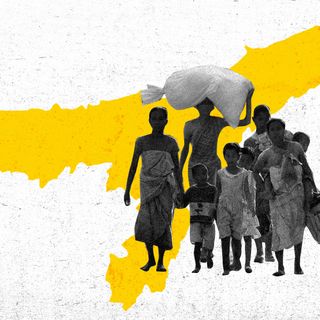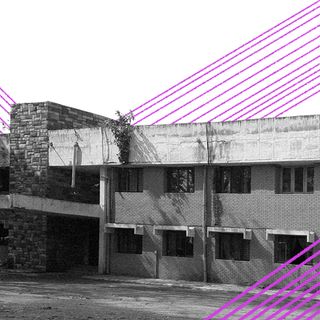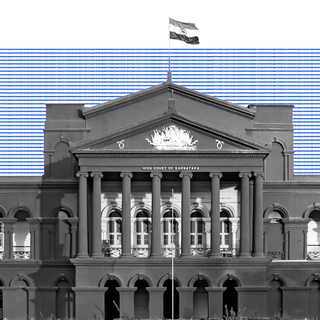The Allahabad High Court on Tuesday ordered that interfaith couples whose life and liberty are threatened must be protected by state authorities.
The bench, headed by Justice Salil Kumar Rai, was responding to a petition by an interfaith couple who had solemnized their marriage earlier this year and claimed that people were interfering in their marital life and liberty. The order noted that, according to the law, majors had the right to live together without interference even if they were not married.
Further, the court also noted that a woman’s conversion to Islam before marriage should not be relevant in ensuring that the couple is protected from harassment or threats of violence.
The court invoked a 2006 Supreme Court judgment, which directed state authorities to initiate criminal charges against anyone who threatened or harassed individuals in inter-caste and inter-religious marriages. Notably, the 2006 judgment also stated “The caste system is a curse on the nation and the sooner it is destroyed the better… Hence, inter-caste marriages are in fact in the national interest as they will result in destroying the caste system.”
The order carries significant implications for the recently passed Uttar Pradesh Prohibition of Unlawful Conversion of Religion Ordinance — commonly called the “Anti-Love Jihad law” — which criminalizes interfaith marriages. “Love-jihad” is a Hindutva concept, wherein Hindu women are purportedly misguided and converted to Islam by ‘force.’
Related on The Swaddle:
Madhya Pradesh Becomes Second State to Pass ‘Love Jihad’ Bill
In 2014, the Allahabad High Court ruled that conversion solely for the sake of marriage was impermissible. Yogi Adityanath, the Chief Minister of Uttar Pradesh, and the Uttar Pradesh government used this judgment as the basis for passing the “anti-love jihad” bill into law.
However, the Allahabad High Court overturned the 2014 judgment last year, saying that disregarding the choices of people of age would “not only be antithetic to the freedom of choice of a grown-up individual, but would also be a threat to the concept of unity in diversity.” The judgment further said that individuals, families, or the state could not object to individuals living together of their own free will.
In December 2020, within a month of the law being passed, the UP Police made 35 arrests under it. Several other states, with Bharatiya Janata Party (BJP) governments, have either passed the law or expressed their support to stem “love jihad.” Since then, there have been several petitions challenging the constitutional validity of the law. The present judgment thus is also significant in that it allows people to approach police officials in case of harassment or threats of violence.
“It is also clarified that petitioners, if major, are entitled to live together even if not married and, therefore, proof of their marriage would not be required and shall not be insisted upon by the concerned Police Officer,” the court said.




